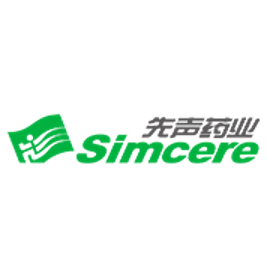b

Thank You!
Your requirement has been sent, we will contact you quickly!
Sent Failed!
Try again!
Ibrutinib, also known as ibutinib, is an oral small molecule targeted drug. It is the world's first Btk (Bruton tyrosine kinase) inhibitor. It can irreversibly bind to Btk protein and block its function, resulting in cancer cell death, tumor shrinkage and cancer remission.
B cell antigen receptor (BCR) signal pathway is the key driver of many tumor growth and dissemination. As an indispensable participant of BCR signal peptide, Btk is very important for the formation, differentiation, information transmission and survival of B lymphocytes. Btk is a signal peptide molecule recognized by BCR channel. When the signal peptide molecule passes through the surface receptor of B lymphocytes, B lymphocytes realize transport and chemotaxis The essential channels of sex and adhesion are activated, which facilitates the formation of B-cell malignancies.
Ibrutinib is a small molecule Btk inhibitor, It can interact with cysteine residues on Btk active sites (cys-481) selectively covalently binds, irreversibly inhibits the activity of BTK, then inhibits the activation of BCR signal pathway, effectively prevents tumor migration from B cells to lymphoid tissue suitable for tumor growth, reduces B cell malignant proliferation and induces cell apoptosis, so as to play a role in the treatment of CLL and MCL. Non clinical studies have shown that irutinib can inhibit malignant B lymphoid tissue Cell proliferation and survival in vivo.
Mantle cell lymphoma (MCL).
In the phase II clinical study, 51 CLL patients took 420 mg of ibrutinib daily for 21 months. Most of the adverse reactions were grade 1 or 2. About 20% of the patients had diarrhea, upper respiratory tract infection, fatigue, cough, joint pain, drug rash, fever or slight edema, and less adverse reactions of grade 3 or above hematological diseases, These include thrombocytopenia (10%) and neutropenia (15%); 111 MCL patients took 560 mg of irutinib orally every day for 8.3 months, and most of the adverse reactions were grade 1 or 2. Nearly 20% of the patients had diarrhea, fatigue, nausea, slight edema, respiratory disturbance, constipation, vomiting or anorexia, and there were also fewer adverse reactions of grade 3 or above blood diseases, including neutrophils Reduction (16%), thrombocytopenia (11%) and anemia (10%).
Synonymous | Imbruvica |
CAS | 936563-96-1 |
Molecular Formula | C25H24N6O2 |
Molecular Weight | 440.5 |
Appearance | White or off white solid |
Storage | Room temperature; dry |
Category | Tumor drugs |

